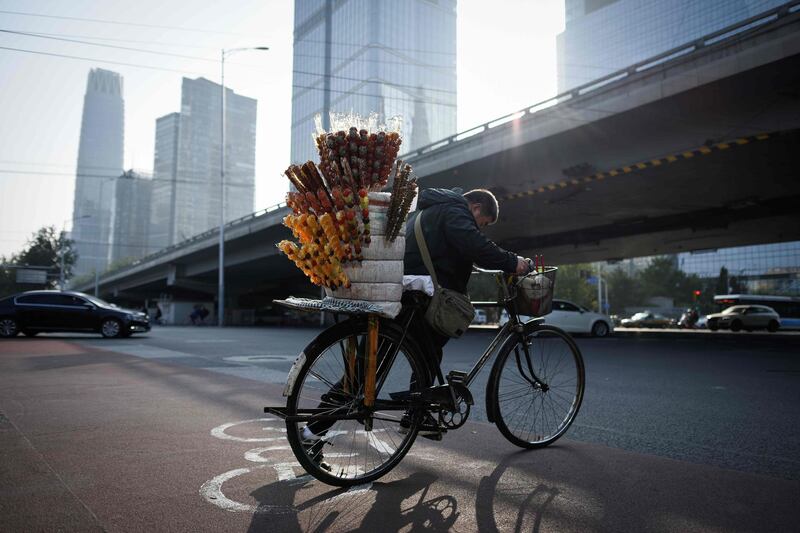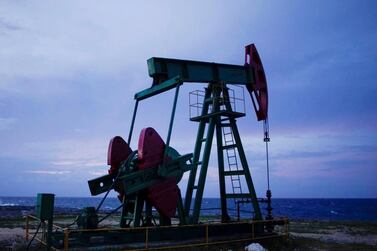China’s economy may be ready to stabilise despite recent warning signs, according to some economists who specialise in watching the world’s second-largest economy.
“China’s slowdown isn’t over yet, but I don’t think it’s going to be much worse,” Yao Wei, chief China economist at Societe Generale, said in an interview on the sidelines of the International Monetary Fund-World Bank annual meetings in Washington.
“It’s quite possible that China will see the bottom and even a significant recovery in the middle of next year”, if the US economy remains steady, she said. Ms Yao cited the government’s fiscal stimulus that’s working its way through the economy and the recent easing of trade tensions with the US.
But her upbeat outlook follows data this week showing the economy continued decelerating as investment weakened. Gross domestic product rose 6 per cent in the third quarter from a year ago, the slowest pace since the early 1990s and weaker than the forecast for 6.1 per cent.
Also this week the IMF forecast a further deceleration, kicking off the meetings with new projections for 2019 and 2020 economic growth of 6.1 per cent and 5.8 per cent respectively.
But while the economy may be slowing, there’s no need to hit the panic button, according to Kenneth Kang, deputy director of the fund’s Asia and Pacific department. It remains a key driver of global growth, likely to contribute about 40 per cent of the total in 2019, Mr Kang said in Washington.
Another risk for China is that the outlook for a trade truce with the US remains highly uncertain, and a steeper global slowdown could further weigh on China’s outlook.
The IMF this week cut its 2019 world growth forecast a fifth-straight time, to 3 per cent, the weakest since 2009, when the world economy shrank. It also saw a rebound next year to 3.4 per cent.
Beyond worse-than-expected growth, corporate demand for long-term credit has picked up in recent months, and the growth of auto sales - an important part in the country’s retail sales - has contracted less, and infrastructure investment has stabilised at a low level.
“Economic activities will continue to stabilise,” and a pickup in the fourth quarter could bring the annual expansion to 6.2 per cent, Liu Li-gang, chief China economist at Citigroup in Hong Kong, wrote in a note. The next politburo meeting, likely to happen this month, “may provide some clue about the policy stance or stimulus for the fourth quarter”.







